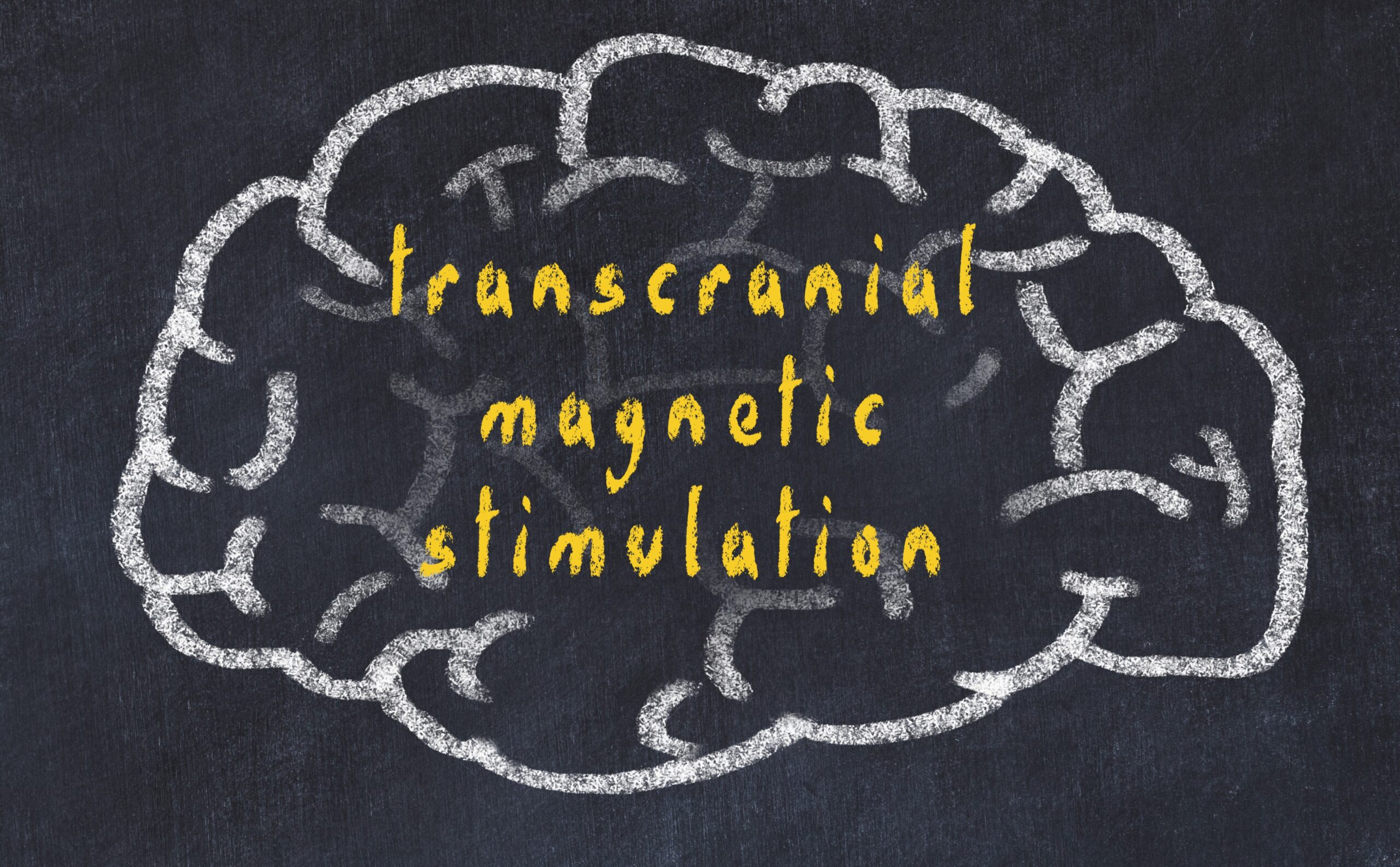“The results show how important seemingly simple things like physical activity are in treating and preventing illnesses such as depression,” says study leader associate professor Dr. Karin Rosenkranz. The study was published on 9 June 2021 in the journal Frontiers in Psychiatry.
Exercise programme promotes motivation and togetherness
People with depression often withdraw and are physically inactive. To investigate the effect of physical activity, Karin Rosenkranz’s working group enlisted 41 people, who were undergoing treatment at the hospital, for the study. The participants were each assigned to one of two groups, one of which completed a three-week exercise programme. The programme, which was developed by the sports science team from the University of Bielefeld led by Professor Thomas Schack, was varied, contained fun elements, and did not take the form of a competition or test, but instead required teamwork from the participants. “This specifically promoted motivation and social togetherness while breaking down a fear of challenges and negative experiences with physical activity — such as school PE lessons,” explains Karin Rosenkranz. The other group took part in a control programme without physical activity.
The study team ascertained the severity of the depressive symptoms, such as a loss of drive and interest, lack of motivation and negative feelings, both before and after the programme. The brain’s ability to change, known as neuroplasticity, was also measured. It can be determined externally with the help of transcranial magnetic stimulation. “The ability to change is important for all of the brain’s learning and adaptation processes,” explains Karin Rosenkranz.
Ability to change increased — symptoms decreased
The results show that the brain’s ability to change is lower in people with depression than in healthy people. Following the programme with physical activity, this ability to change increased significantly and achieved the same values as healthy people. At the same time, depressive symptoms decreased in the group. “The more the ability to change increased, the more clearly the clinical symptoms decreased,” summarises Karin Rosenkranz. These changes were not so pronounced in the group who took part in the control programme. “This shows that physical activity has an effect on symptoms and the brain’s ability to change. We cannot say to what extent the change in symptoms and the brain’s ability to change are causally linked based on this data,” says the doctor, referring to the limitations. “It is known that physical activity does the brain good, as it, for instance, promotes the formation of neuron connections. This could certainly also play a role he




